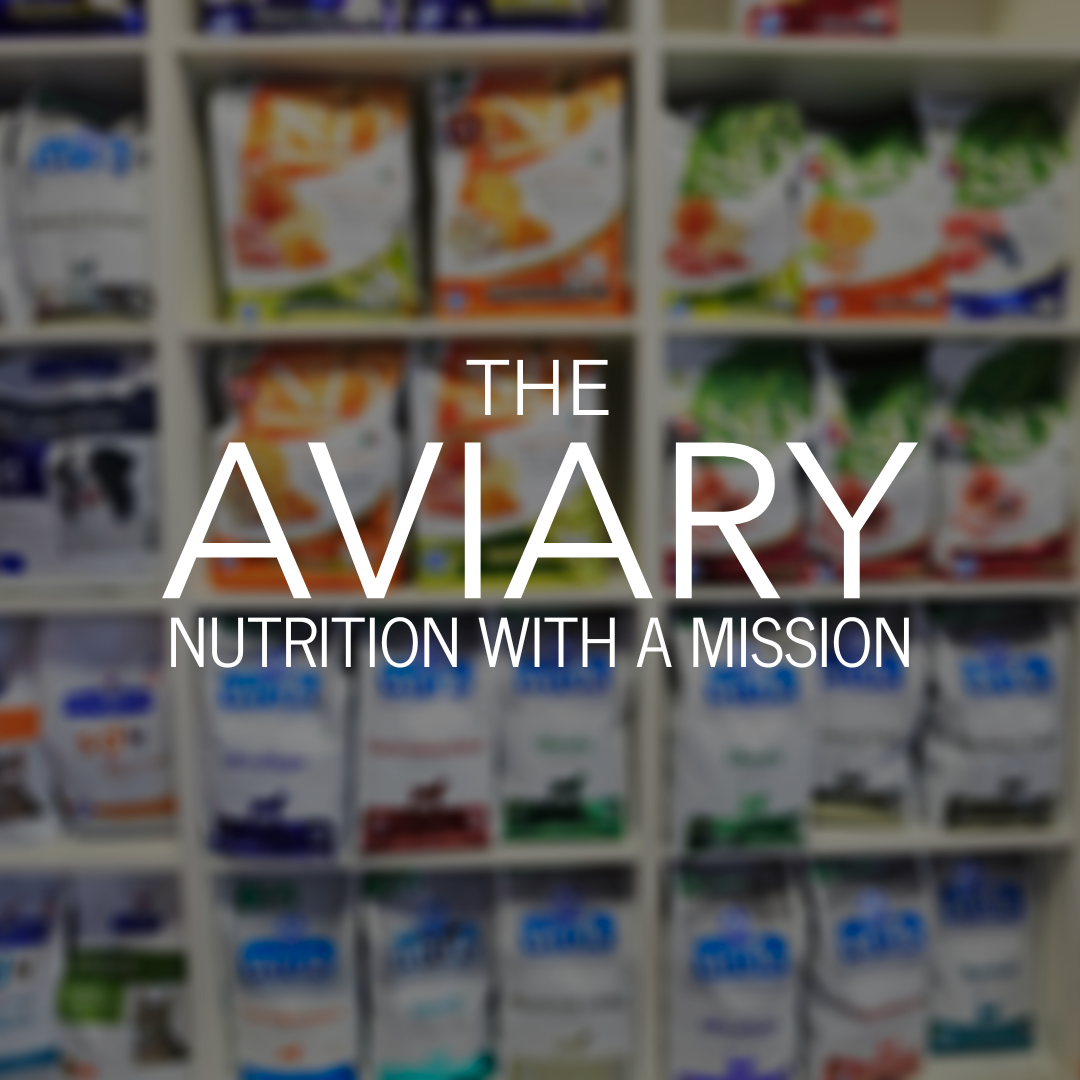
Your Parrot Won’t Love a New Diet Overnight And Here’s Why
If you’ve ever tried to feed your parrot something healthy once, watched them turn their beak up at it, and then declared, “They don’t like it, I give up,” this article is for you. Let’s be blunt: expecting a parrot to accept a completely new food overnight is unrealistic, and frankly, it sets you (and your bird) up for failure. Nothing frustrates me more than when someone says 'I tried a healthy diet once and it didn't work', this comes from a place of complete ignorance.
Parrots aren’t fussy children who can be bribed with dessert; they’re prey animals with strong survival instincts. In the wild, one wrong bite could be fatal. That means they approach new foods with caution, nibbling, tasting, dropping, watching others risk eating it first and ignoring it until they’re convinced it’s safe. This isn’t rejection; it’s biology.

Why Parrots Resist New Foods
- Neophobia: Many parrots are naturally wary of new foods, even if those foods are healthier than what they’re used to.
- Routine eaters: Birds thrive on familiarity. If yours has lived on a seed-only diet, fresh chop or dry mix will feel “strange” at first.
- Survival instinct: Wild parrots don’t dive headfirst into every berry they see, they test, they watch, and they wait, because biology is telling them it's better to be safe than sorry!
So no, your bird isn’t being “stubborn” and it is nothing to do with the food not being good enough. They’re just being a parrot.
Patience Is Non-Negotiable
Diet change is a process. Sometimes it takes days, more often weeks, and for some birds, even months. If you give up after one try, you’re not just misunderstanding your bird, you’re actively keeping them on a diet that could shorten their lifespan, cause vitamin deficiencies, and worsen behaviour problems. Giving up on a healthy diet after trying it once comes from a place of ignorance and a lack of education, but hopefully we can help.
Think about it: if your child spat out broccoli once, would you ban broccoli forever? Of course not. You’d try again, maybe cook it differently, or pair it with something familiar. Your parrot deserves the same patience.

How to Introduce New Foods Successfully
- Mix new with familiar: Sprinkle fresh veg or sprouting seeds into a seed mix they already eat.Keep new food ratios small compared to the portion of familiar food at first, then gradually increase healthy food and decrease unhealthy food.
- Lead by example: Eat the food in front of them. Parrots are social eaters and often try what their flock (you!) are eating.
- Be consistent: Offer new foods daily, even if they’re ignored. Exposure is half the battle.
- Make it fun: Present food in foraging toys, chop it small, or scatter it for natural feeding behaviour.
The key is persistence. A bird that sees a food every day eventually decides it’s safe, and once they do, you’ll wonder why you ever doubted it. If persistence seems like too much hard work for you, and you're unwilling to accept that diet change is a slow process, then maybe a parrot is not the right pet for you.

The Payoff
Once your parrot is eating a varied diet of fresh foods, sprouting seeds, dry mixes, and a balanced seed blend, the difference is night and day. You’ll see brighter feathers, steadier energy, calmer hormones, and fewer vet bills. You’ll also know you’ve given them the gift of a healthier, longer life.
If you gave up after one try, the problem isn’t your bird. It’s you. Parrots don’t change their diet overnight, and expecting them to is like expecting a marathon runner to get fit after one jog. Success takes time, patience, and consistency. Stick with it, and you’ll both reap the rewards.

Parrot Diet Conversion FAQ
Why won’t my parrot eat new food right away?
Parrots are instinctively cautious eaters. In the wild, trying a brand-new food could mean the difference between life and death. Expecting them to eat a fresh mix overnight is unrealistic, patience and persistence are key.
How long does it take to change a parrot’s diet?
It can take weeks or even months for some parrots to fully accept new foods. Consistency, repeated exposure, and offering variety without pressure usually lead to success.
Should I stop offering the old food immediately?
No. Abruptly removing all familiar food can cause stress and even health risks. Transition slowly by mixing the new food with the old and gradually increasing the ratio over time.
What if my parrot throws the new food on the floor?
This is completely normal behaviour, not rejection. Parrots often drop or scatter food as part of their natural foraging instincts. Keep re-offering the same foods in different ways, and eventually they will explore and try them.
How can I encourage my parrot to try new foods?
Eat the food in front of them, offer it in different shapes and textures, mix it into favourite foods, or serve it in foraging toys. Curiosity and repetition usually win over even the fussiest birds.
Is my parrot just being stubborn?
No, your parrot isn’t stubborn, they’re cautious. What looks like “fussiness” is an inbuilt survival instinct. With time, trust, and routine, most parrots adapt and enjoy their new, healthier diet.
It's too expensive and time consuming to convert my parrot's diet, should I give up?
If giving up converting your parrot to a healthy diet is preferable to persistent and gentle work, then a parrot may be the wrong pet for you. They're complex and specialist animals, and health and behavioural problems are rife because people lack knowledge or a willingness to learn. A healthy diet is the key to unlocking so many benefits, and refusing to work on that is a disservice to your bird.
